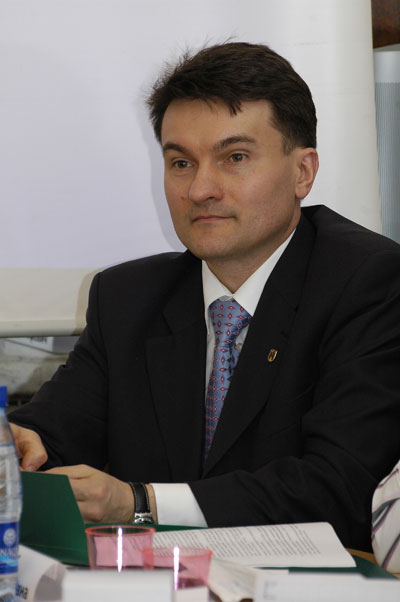Zinchenko, Yu.P.
Publications
Specific Aspects of Professional Psychological Well-Being of Social Workers Providing Support to Veterans of Military Conflicts and Their Family Members
National Psychological Journal
p. 37-52
2025. , 2.
Value and Meaning Determinants of Professional Responsibility in Ordinary Representations of Russians
National Psychological Journal
p. 56-76
2024. , 1.
Neuropsychological diagnostics and rehabilitation for patients with disorders of executive functions in brain diseases of various etiology
National Psychological Journal
p. 63-77
2023. , 4.
Neuropsychological diagnostics and rehabilitation of patients with disorders of praxis in diseases
of the brain of various etiology
National Psychological Journal
p. 3-17
2023. , 1.
Organiza tion of psychological services at the FSBI “FCB&N” FMBA of Russia in the context of re-profi ling
National Psychological Journal
p. 50-62
2021. , 3.
Neuropsychological diagnostics and rehabilitation of patients with memory impairments in amnestic syndrome as a result of brain damage of various etiologies
National Psychological Journal
p. 137-147
2020. , 4.
Neuropsychological diagnostics and rehabilitation of patients with thinking disorders with brain lesions of various etiologies
National Psychological Journal
p. 75-84
2020. , 2.
Outlook of using social network analysis to study ethnocultural identity in adolescents in online communities
National Psychological Journal
p. 4-16
2019. , 3.



